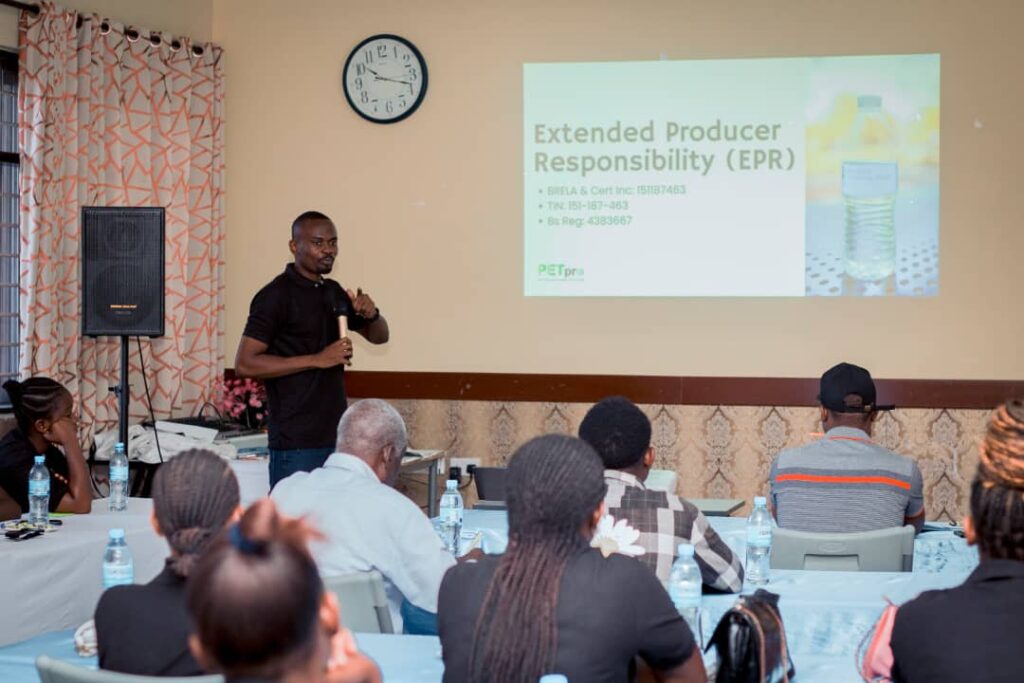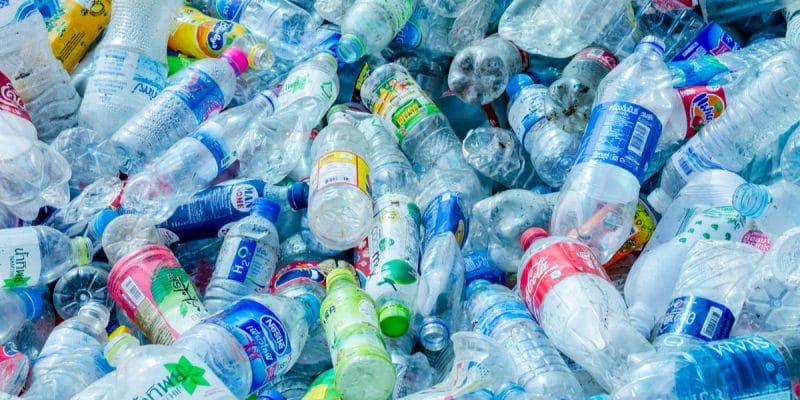Dar es Salaam. Environmental advocates in Tanzania are on a mission to save the environment by focusing on the collection of plastic bottles, including colored ones that significantly contribute to environmental pollution.
During a meeting with the collectors held on February 16, 2023 in Dar es Salaam, Nicholas Ambwene, the Coordinator of the Coalition of eight production companies utilizing plastic bottles as packaging materials (PETPro Tanzania), expressed the commitment to preserving the environment, aligning with the government’s goal, and collaborating with these companies to ensure Extended Producer Responsibility (EPR).
Ambwene emphasized the responsibility of those manufacturing these bottles to establish a system for preserving what they produce, integrating it into the value chain, and promoting reuse in other applications.
To implement this, Ambwene stated that they have registered some industries involved in collecting plastic bottles, providing them with funds for coordination and infrastructure. The ultimate goal is to maintain a clean environment, starting with Dar es Salaam and extending nationwide.
“With the available statistics from last year, 30,200 tons of plastic bottles were collected, with 15,000 tons processed, and the remaining exported. We started with plastic bottles, but we plan to expand to other types of plastic waste,” he said.

Ambwene emphasized that this is an additional responsibility for producers, and in Tanzania, they commenced in 2022. He highlighted that in countries like South Africa, this process began 30 years ago, requiring significant efforts to achieve the set goals.
Addressing the challenges, Ambwene noted that some companies using plastic bottles are reluctant to take environmental responsibility, viewing it purely as a business concern. He also pointed out that existing guidelines lack the legal enforcement found in countries like Kenya.
Furthermore, Ambwene acknowledged the challenge of community perception towards those collecting these bottles, often stigmatizing them as substance abusers or criminals. Despite this, efforts are ongoing to educate the public about the value of their work.
Ambwene added that manufacturers still face challenges in dedicating sufficient resources to this cause, making it difficult for them.
In addition to the challenges, Ambwene highlighted the significant employment opportunities in waste collection. Nassibu Kitabu, one of the collectors, emphasized the stigma associated with their work but emphasized its importance in keeping the streets clean.
“We may seem worthless, but we are doing significant work to ensure we remove these wastes from the streets,” Kitabu said.
Kitabu, the CEO of the Juza Waste Pickers Initiative (JWPI), called on the government to recognize their contribution to environmental preservation and provide support to those handling these waste materials.
Richard Gabriel from SB Plastiki, involved in plastic bottle processing, mentioned the challenge of colored bottles that pollute the environment. He emphasized the need to develop strategies to remove them from the environment for cleanliness and safety.
Tanzania don’t have a direct legal frame work for EPR despite tones of plastic waste produced every year.



Thank you for your sharing. I am worried that I lack creative ideas. It is your article that makes me full of hope. Thank you. But, I have a question, can you help me?
Thanks for sharing. I read many of your blog posts, cool, your blog is very good.